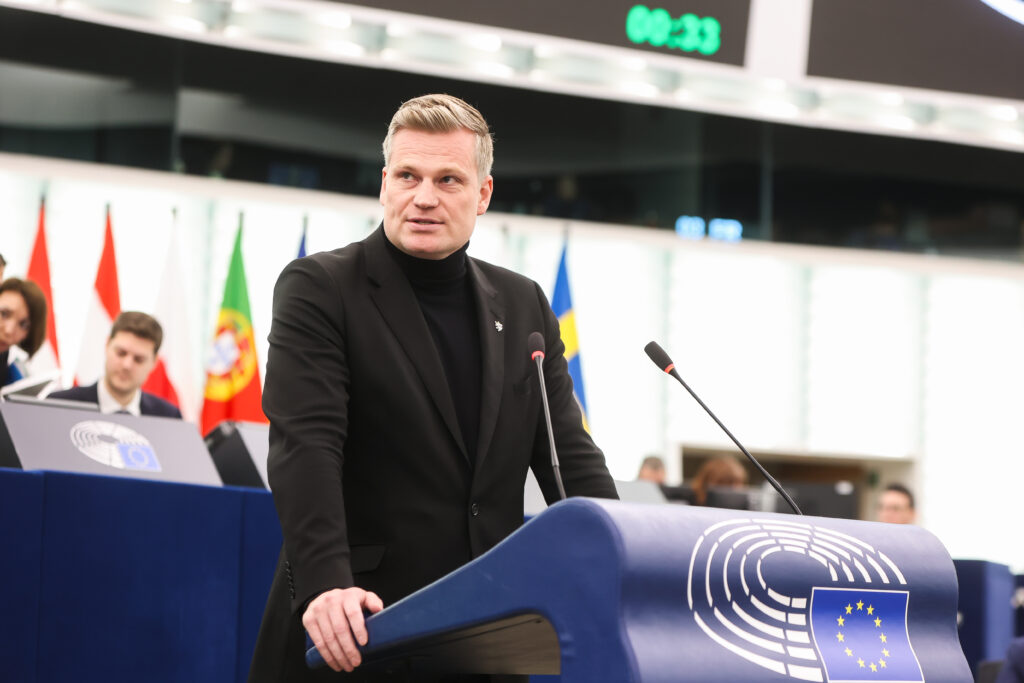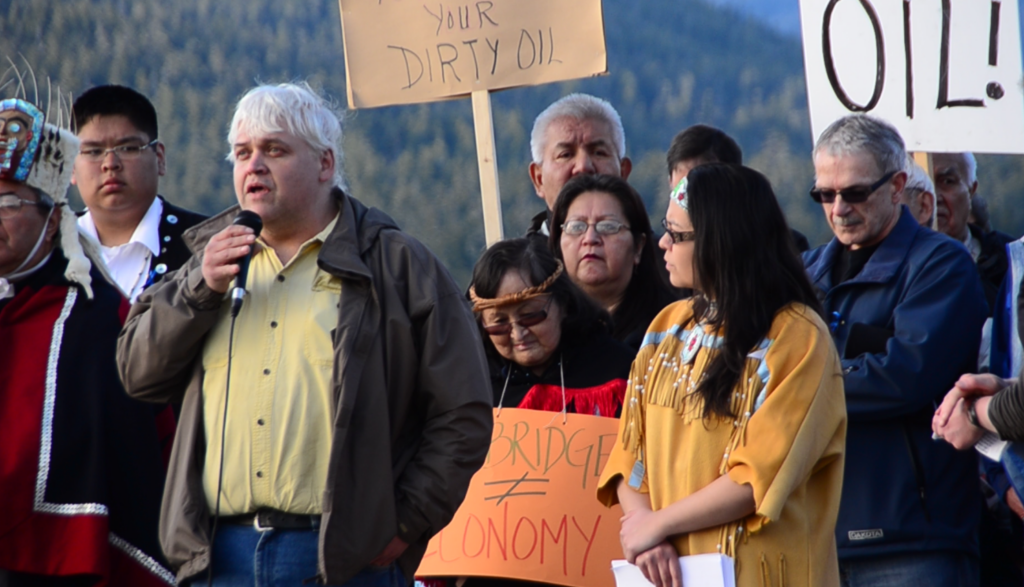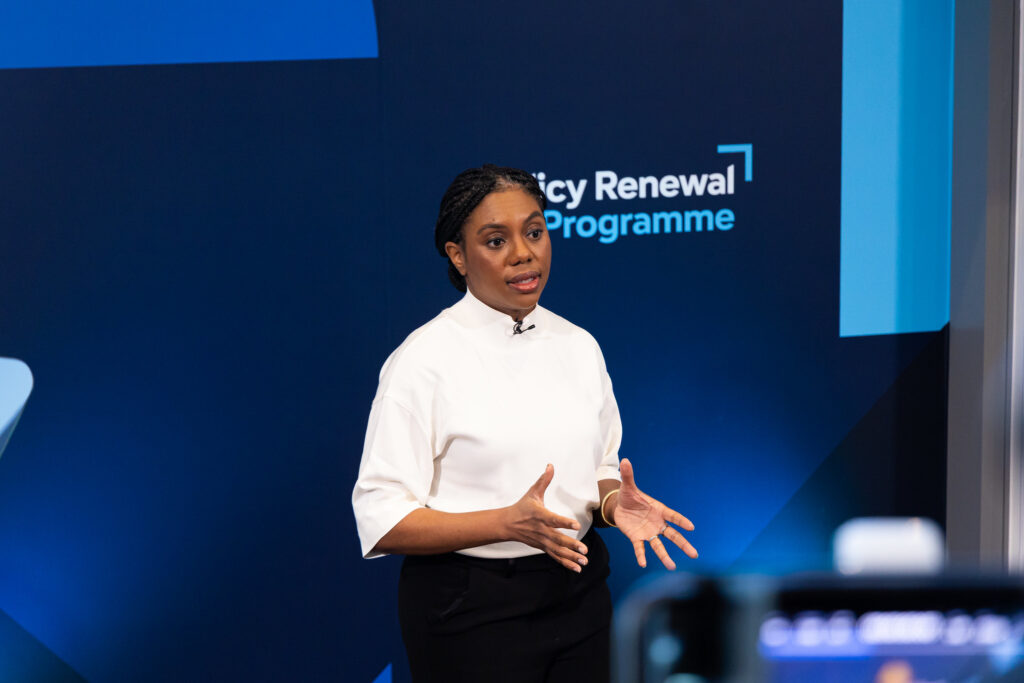On Tuesday, May 5, several Democratic members of the House Natural Resources Committee hosted a virtual discussion calling out how far the Trump administration has gone to cater to fossil fuel interests during the COVID-19 crisis and how that favoritism affects average Americans.
The discussion, titled “Behind the Curtain: The Trump Administration’s Fossil Fuel Agenda During the Pandemic,” was part of an ongoing series of live-streamed forums hosted by the Committee on coronavirus impacts on at-risk populations. The conversation, which included several guest speakers, highlighted how vulnerable communities are hit with the simultaneous impacts of the virus, industrial pollution, and the climate crisis. In addition, the discussion voiced concerns over the way federal agencies have been bestowing favors upon fossil fuel corporations while restricting public input.
HAPPENING NOW: @NRDems virtual roundtable on the Trump Administration’s agenda that puts our air, land, water and public health at risk. #cultureofcorruption
WATCH LIVE: https://t.co/QCAIFe9Oop https://t.co/lSCu1HHVXf
— Rep. Deb Haaland (@RepDebHaaland) May 5, 2020
For both the coronavirus and climate crises, the Trump administration has ignored scientific expertise and promoted misinformation. “The parallels have become quite stark and quite frightening,” said Dr. Kim Cobb, a climate scientist and professor at the Georgia Institute of Technology.
In each case, President Trump’s disregard for science has had dangerous and deadly consequences, the speakers concluded. Dire warnings about the virus from health experts, and many of their subsequent recommendations, have gone unheeded, and as Cobb explained, “the most vulnerable communities are paying the steepest price, especially low-income communities of color.” In her home state of Georgia, for example, African Americans represent roughly one-third of the population yet they comprised half of COVID-19 deaths.
Similarly, she noted that the Trump administration has turned a blind eye to climate science and these same communities will end up suffering the most. “There is no doubt that the most vulnerable among us will bear the brunt of the losses from climate change,” Cobb said.
Lower-income and communities of color also experience higher exposure to toxic pollution and, as “Cancer Alley” communities in Louisiana fear, may shoulder the consequences of a recent Environmental Protection Agency (EPA) policy letting the oil, gas, and petrochemical industries off the hook for environmental reporting and monitoring requirements during the pandemic.
“COVID-19 has laid bare long-standing and systemic inequities from pollution exposure,” said Sara Imperiale, senior attorney focusing on environmental justice issues with the Natural Resources Defense Council (NRDC). “EPA’s non-enforcement policy exacerbates the injustices facing these communities made up of people of color, low-income families, and working class people.”
NRDC has sued EPA over this non-enforcement policy after the agency ignored a request that it publicly disclose noncompliance information under the policy.
The Drilled News Climate & COVID-19 Policy Tracker is keeping an eye on climate change-related rollbacks by the Trump administration and state governments amid the coronavirus crisis, along with favors to oil and gas, and other energy and climate-related industries.
Besides leaving Americans more vulnerable to pollution and climate impacts, the Trump administration’s apparent determination to deliver on the demands of the fossil fuel industry comes at the expense of taxpayers. Kyle Herrig, president of watchdog group Accountable.US, spoke of how fossil fuel companies are already taking advantage of pandemic relief funds. Extractive industries have received over $3.9 billion under the Payroll Protection Program, and heavily indebted fracking companies are receiving a bailout under the Federal Reserve’s Main Street Lending Program.
“When we see taxpayer dollars going to these corporations, we just see federal government taxpayer dollars flowing to the powerful, and the people getting hurt by this are your average Americans,” Herrig said.
Another guest speaker called out the Department of the Interior for prioritizing fossil fuel interests through expedited oil and gas leasing and royalty relief programs, despite the industry’s poor financial performance.
“Interior’s leadership appears to be plowing forward with plans that will lock in a dirty future even more dependent on the boom-bust cycle of a risky industry,” said Christy Goldfuss, senior vice president in Energy and Environment Policy at the Center for American Progress. She explained that oil and gas companies are cutting production, shedding employees, and withholding investments, in a trend that will likely lead to hundreds of bankruptcies.
“While Americans are reeling from the pandemic, the Interior Department is doubling down on its foolish energy dominance agenda and locking our nation into decades of fossil fuel pollution that we don’t need and frankly can’t afford,” Goldfuss said.
The speakers in the May 5 discussion hosted by Democratic members of the House Natural Resources Committee. Credit: NRDems Forum
“Moving aggressively forward with this [fossil fuel-focused] agenda while the public’s attention has been elsewhere is unconscionable,” Natural Resources Committee member Rep. Alan Lowenthal (D-Calif.) said.
Committee Chair Raúl M. Grijalva (D-Ariz.) echoed this sentiment in his opening remarks.
“This administration, with a historic pandemic and crippling economy before it, has found it to be a convenient opportunity to fast-track their dirty energy and anti-environmental agenda,” he said. “It appears the Trump administration is more concerned with saving the industry’s profits than taking care of the American people.”
Main image: President Donald Trump during CPAC 2018. Credit: Zach D. Roberts for DeSmog
Subscribe to our newsletter
Stay up to date with DeSmog news and alerts








